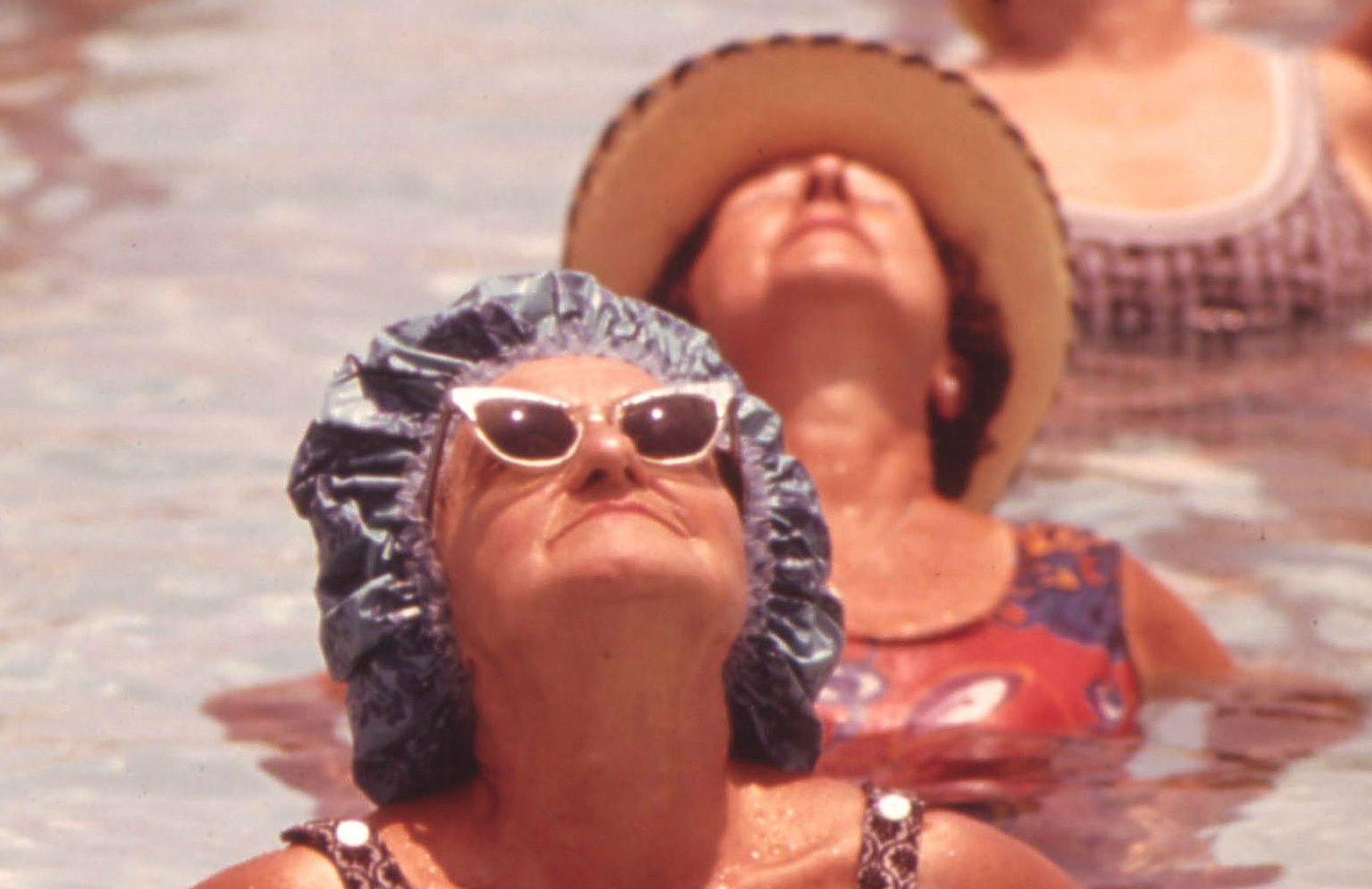I watch TV with the closed captioning and I’m not ashamed to admit it. Does that make me seem old? Sure, but not as old as carrying a flip phone or wearing capris with white tennis shoes (according to Baby Girl).
But apparently, I’m in good company … of other people whose mailboxes are flooded with AARP offers.
Not long before Halloween, I went to watch a scary movie at a girlfriend’s house. Everyone in our little group is in her early 50s so we’re accustomed to waiting while someone scrambles for reading glasses when we try to show the most recent photo of our cat’s shenanigans.
We turned on the movie and one of our friends whom I’ll call Beth – mainly because that’s her name – was having a little more trouble hearing than the rest of us. I have hearing like, well, … some kind of animal with hella good hearing. But I figure that’s God’s small way of making up for the fact that I have terrible eyesight and I lost my sense of smell years ago, which means I can’t taste much anymore. I’m down to two senses, people.
Any-hoo, we all started trying to figure out my friend’s new remote so we could turn on the closed captioning. Meanwhile, we all admitted we don’t watch TV without it now.
Sweetums and I started watching all our shows and movies with cc a couple of years ago. Initially, we turned it on when we were watching a movie in which the actors were speaking in a foreign language, saying things in a thick brogue like “Bugger! It’s monkeys outside. I’ll freeze me arse.” (And they claim to speak English over there. Smh.) Soon, we learned it also helped when watching shows in which the volume varied so much that we were straining to hear at times.
After a few months of watching this way we discovered closed captioning is a source of entertainment unto itself. It’s always intriguing to see how the people typing the words and action interpret things — and how they make typos and condense some of the quotes. In horror movies, for instance, scenes with action and no dialog may be cc’d “foreboding music” or “bones crunching underfoot.” Once, we even got “flesh being sliced,” which I didn’t know had a sound until then. See? It’s educational.
We get tickled when the description says something like “squelching,” the sound of eating something kinda moist and chewy, or describes the music as “sprightly tune” (Who even says “sprightly?” The closed captioning people, that’s who. And probably the British).
We also learned we catch much more about the action. We get cc on background conversations and telephone discussion that we used to miss. When any of our kids come over, we are told to turn it off because it is annoying, distracting and for old people. Dang those youngsters and their young ears! Well, their day is coming. It will only be five or six decades before the boys have so much hair in their ears they’ll need to use it too. Just sayin.’


